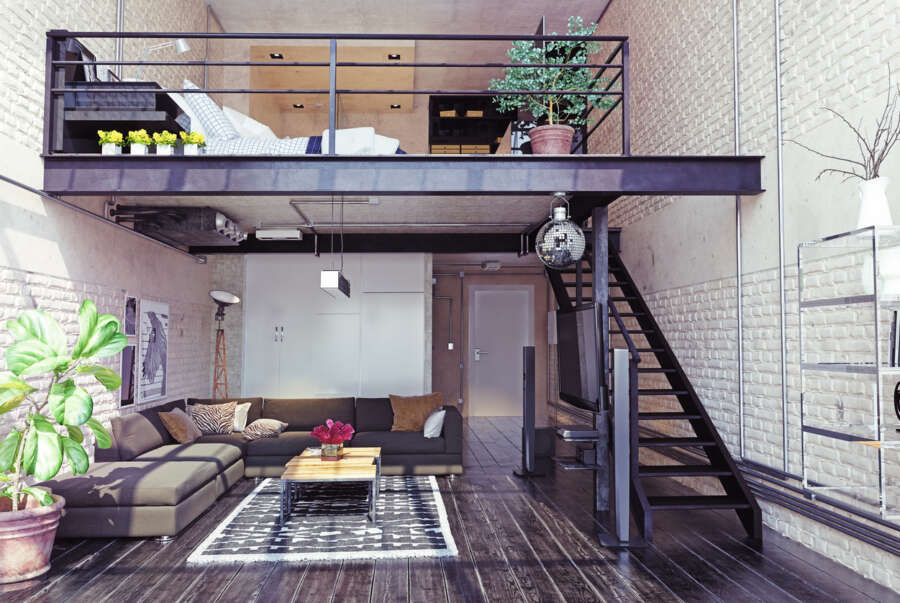
The popularity of converting loft space has seen a dramatic increase in the last few years. There has been a dramatic shift in working patterns that has seen people’s ability, and desire, to work from home become commonplace. As people spend more time within their homes, homeowners are looking at the long term with their home improvements and a loft conversion offers for many an affordable way to create additional space for living, and working, at home.
There are other benefits to converting available attic space. A loft conversion can increase the value of your property on average by 21%, explains Premier Lofts, a loft conversion company trading since 1990. Whilst the housing market continues to fluctuate, the additional space and functionality can help if you are looking to sell in the future for the best possible price.
What Are The Benefits Of Converting My Home?
The obvious answer to why homeowners look to convert their loft is to create additional living space in the home. Often homeowners opt to extend outwards which can cut into valuable garden space. Creating an extra room, and essentially an extra floor to your home, can be extremely beneficial in helping you keep space outside to enjoy.
In opting for a loft extension, you can have that extra bedroom, or home office space, that you need without having to consider moving home. Another benefit of converting your loft space is increasing the energy efficiency of your home. The work done can help reinforce the insulation of your roof and your whole house could benefit from this.
When Should I Convert My Loft?
It is unsurprising that searches for loft conversions surge in January. With the New Year comes a review of planning ahead and what possible home improvements could be explored. As is the case for most building work, loft conversions are most favourable in the spring and summer months when there are longer days and there is the likelihood of better weather. These conditions allow for fewer delays to any building projects and getting the work done on schedule.
This does mean however that demand for it is worth booking with a loft conversion specialist as soon as possible to ensure you can schedule the necessary arrangements for your works. This demand has also brought a strain on building materials and an increased cost, therefore take this into consideration before you commit to converting your loft.
The time it takes to complete a loft conversion of course is dependent on a number of factors including the size of the space, the type of roof and the time of year the work is carried out. A typical loft conversion can take between 4-6 weeks to finish – therefore you should factor in how the work might disrupt your daily life and movements around the home during this time.
What Do I Need To Consider Before Beginning a Loft Conversion?
Planning Permission:
Loft conversions are a favourable extension choice as they often do not need planning permission for the work. It is crucial not to neglect checking with your local authority if you need planning permission however. Depending on the area you live in and building you are living in, there may well be requirements you need to comply with. Make sure to check with your loft conversion specialist for further advice.
Available Space:
This might sound simple, but it is worth taking the time to really consider if the additional space that your loft conversion will provide is worth it. This is particularly relevant if you are looking to sell your home in the future. It is not worth investing in an extension that is not going to improve the value of your home.
A common mistake is not factoring in stair access, the headroom space available in the attic and also not considering what is currently in the attic space currently – for example chimney stacks or water tanks.
Budget:
Creating a realistic budget for your project is essential when deciding whether to embark on your loft conversion. There are areas of the work you will need to consider in how affordable the work will be, including any structural changes to the attic space and any additional electrical and plumbing work. We advise factoring in some additional budget for when any unexpected costs arise.


